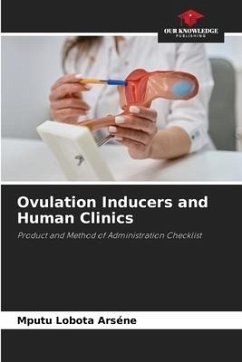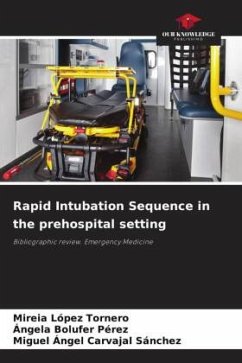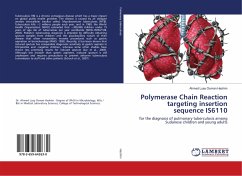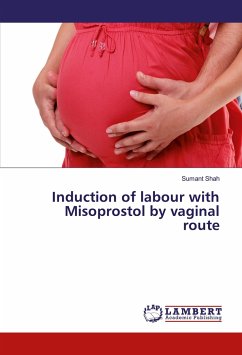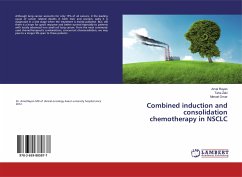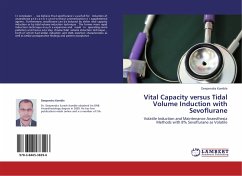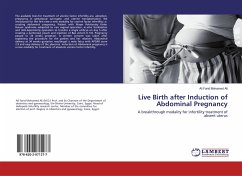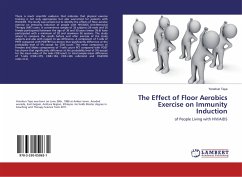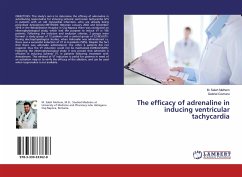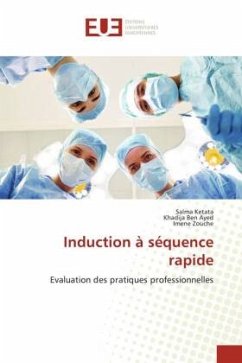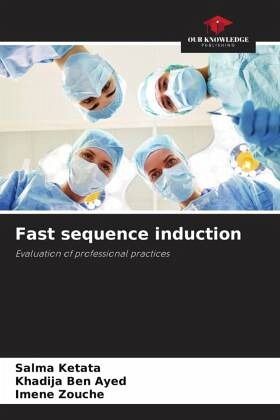
Fast sequence induction
Evaluation of professional practices
Versandkostenfrei!
Versandfertig in 6-10 Tagen
40,99 €
inkl. MwSt.

PAYBACK Punkte
20 °P sammeln!
The induction in rapid sequence (ISR) is an anesthetic technique used for patients with "full stomach" to avoid pulmonary inhalation of gastric fluid. The aim of our work is to evaluate the clinical practice of RSI in the anesthesia and intensive care team of the operating room of the Habib Bourguiba University Hospital in Sfax. This is a descriptive study of the clinical practice while comparing it with the data in the literature. We established a questionnaire that included 34 questions concerning data related to the practitioners and the main steps of the ISR. 80 practitioners responded to ...
The induction in rapid sequence (ISR) is an anesthetic technique used for patients with "full stomach" to avoid pulmonary inhalation of gastric fluid. The aim of our work is to evaluate the clinical practice of RSI in the anesthesia and intensive care team of the operating room of the Habib Bourguiba University Hospital in Sfax. This is a descriptive study of the clinical practice while comparing it with the data in the literature. We established a questionnaire that included 34 questions concerning data related to the practitioners and the main steps of the ISR. 80 practitioners responded to the questionnaire. 91.3% of them performed SRI with 2 people present and 93.8% did not administer premedication. Propofol and etomidate were the most commonly used hypnotic agents with a percentage of 100% and 76.3% respectively. Succinylcholine was the most commonly used curare with a percentage of 98.8%. A preoxygenation time of 3 minutes was the most frequent behaviour. Cricoid pressure was used by 72.5% of the practitioners but the theoretical knowledge of this maneuver was low.



